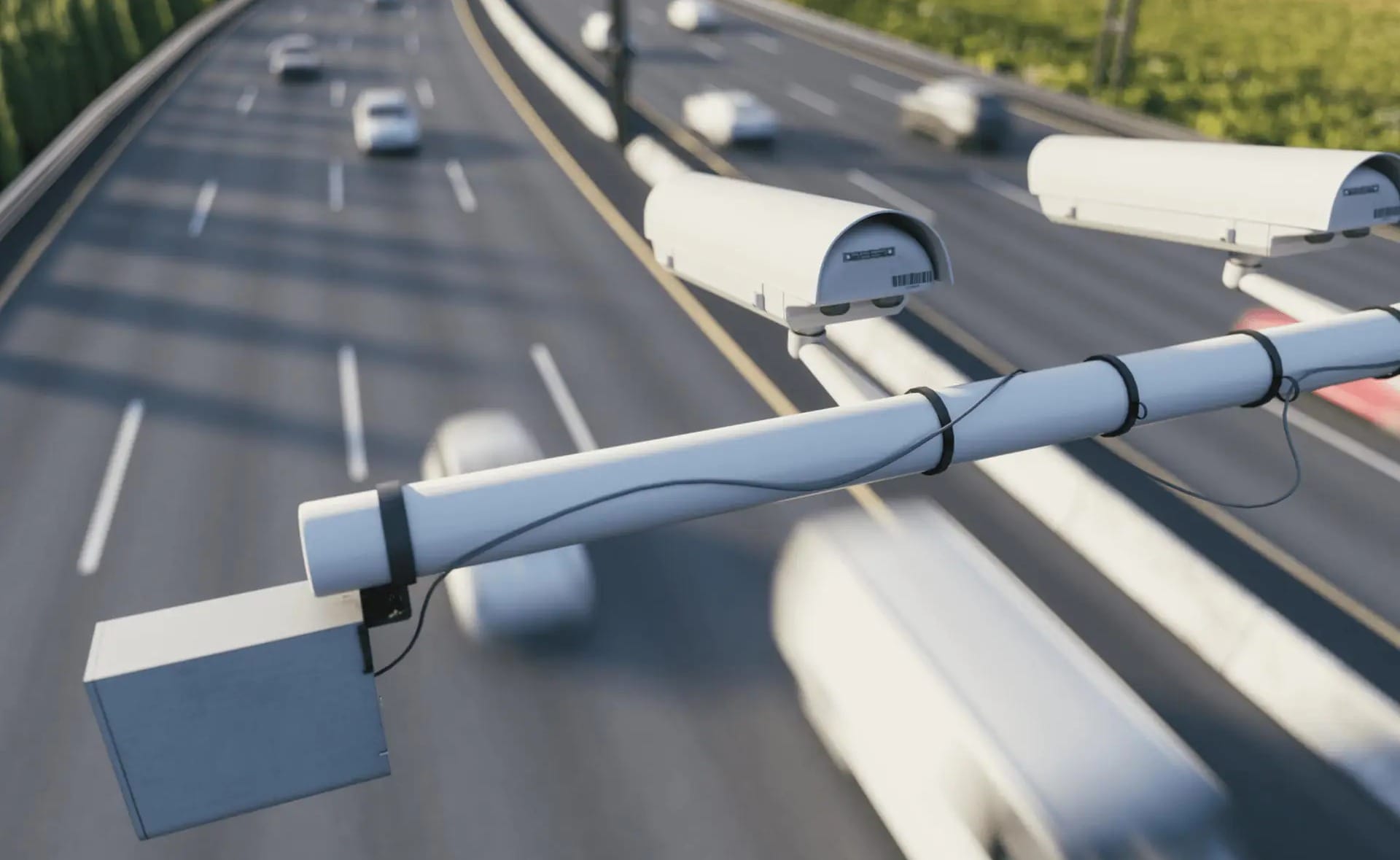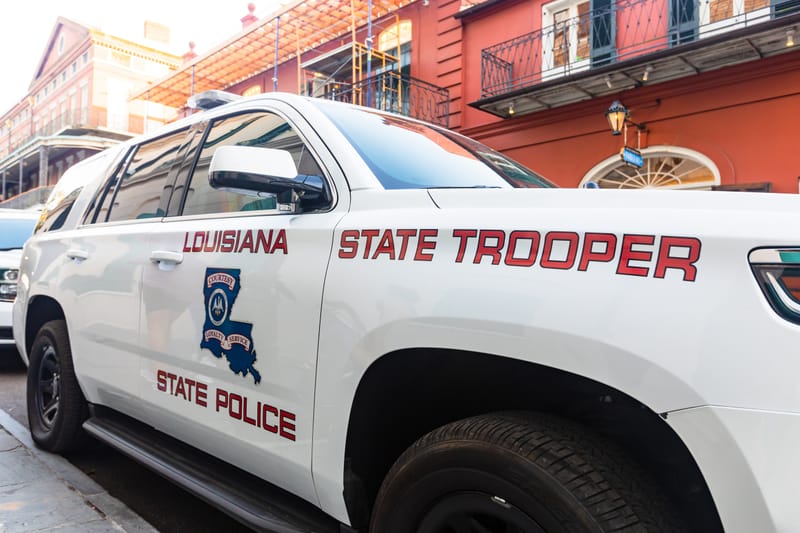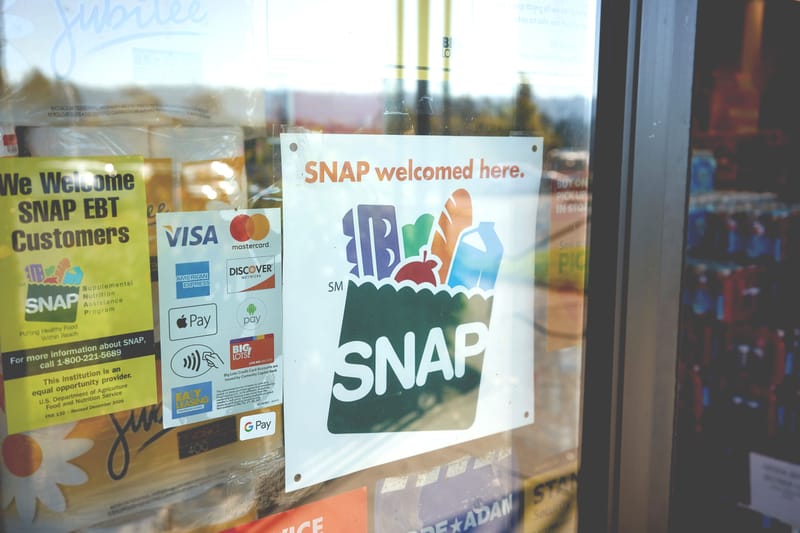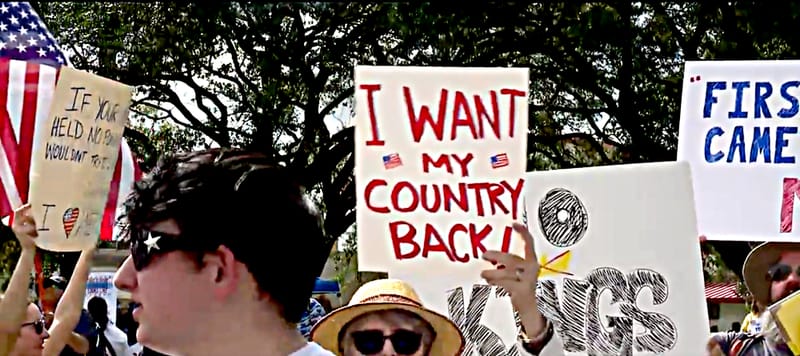Speed Camera Showdown: Louisiana Towns Push Back Against State Crackdown
What began as a sweeping attempt to shut down speeding cameras across the state has been weakened by last-minute exemptions, with one small city at the center of the controversy.

BATON ROUGE, La. — A growing clash over traffic enforcement cameras in Louisiana has reignited debate at the State Capitol, exposing sharp tensions between state lawmakers and local leaders. What began as a sweeping attempt to shut down speeding cameras across the state has been weakened by last-minute exemptions, with one small city at the center of the controversy.
A bill originally designed to ban speed enforcement cameras everywhere except school zones now includes a narrowly passed amendment exempting Opelousas, a town where officials say the devices help fight violent crime by freeing up officers.
The exception, introduced by Rep. Dustin Miller (D-Opelousas), cleared the House by a single vote. But it drew immediate fire from the bill’s sponsor, Sen. Stewart Cathey (R-Monroe), who argues that cities like Opelousas are misusing the cameras and defying transparency rules set by a law he authored last year.
“If they won’t follow the law, they shouldn’t be allowed to use the cameras,” Cathey said. “Opelousas has become the speed trap capital of Louisiana.”
Under current law, municipalities must post signage and provide local appeals processes. Cathey’s new proposal would make violations a criminal offense, potentially carrying jail time and fines for noncompliant local leaders.
Yet Miller insists Opelousas is playing by the rules and shouldn’t be punished for the actions of others. “We’re using the cameras properly. Don’t penalize us for someone else’s missteps,” he said.
The dispute intensified when Cathey pointed to Opelousas Police Chief Graig LeBlanc, who faces criminal charges in an unrelated case, as a reason for mistrust. In response, LeBlanc defended the camera program as a life-saving tool, noting it only activates for speeds 12 mph over the limit.
“If that makes some people uncomfortable, maybe the discomfort should lie with the behavior, not the enforcement,” LeBlanc said in a written statement.
The bill has drawn fierce opposition from small-town officials like Reggie Skains, mayor of Downsville, and Roosevelt Porter, police chief of Epps. They argue the cameras fill gaps left by limited police staffing and high traffic volumes in rural communities.
In Epps, speed camera tickets dropped from 3,500 in the first month to 1,500 in the second — a sign, Porter said, that they’re working. “I could care less if this makes money,” he told lawmakers. “If it slows people down, that’s what matters.”
Still, Cathey and his supporters believe unchecked use of the technology opens the door to abuse. They point to a 2024 incident in West Baton Rouge Parish where thousands of improper tickets were issued in school zones by an unauthorized constable.

With the exemption in place, the bill's future is uncertain. Cathey warns that Opelousas' carveout could invite a flood of similar requests from other towns.
“If this stands, every city with a camera will want their own exception,” he said.
The debate continues as lawmakers weigh public safety, fairness, and local control, with speed cameras remaining a political flashpoint in parishes across Louisiana.







